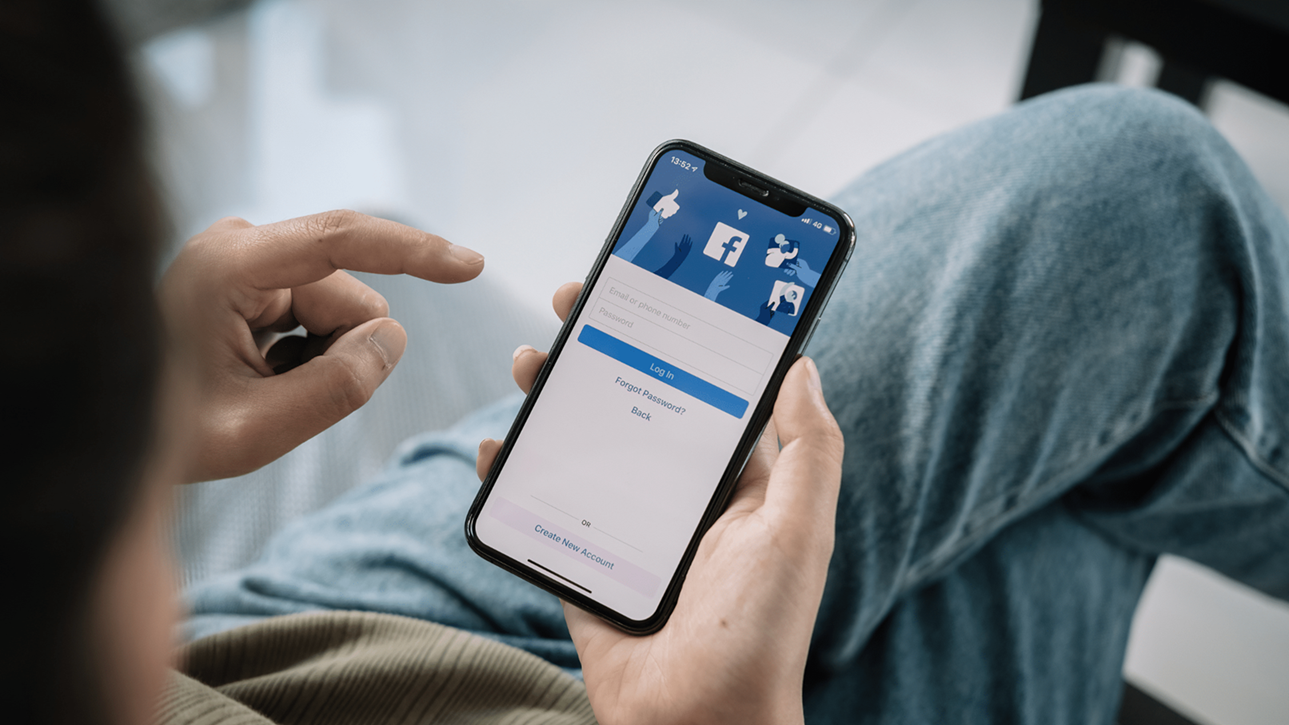Facebook, since its inception in 2004, has revolutionized the way we interact digitally. It has not only become a platform for personal communication but also for businesses to reach their target audience. However, this digital revolution comes with a paradox: while Facebook helps build connections, it is simultaneously breaking boundaries that have traditionally safeguarded privacy and individuality.
On one hand, Facebook’s ability to connect people across geographical boundaries is unparalleled. Whether it’s connecting with old school friends or finding new ones based on shared interests, the social media giant offers an easy and convenient platform for interaction. Moreover, businesses can use comentarios facebook comprar to reach out to potential customers globally without any physical limitations. This global connectivity has led to the sharing of diverse ideas and cultures that otherwise might not have been possible.
However, this openness also brings about concerns regarding privacy and security. The more information we share on Facebook, the more data there is available for others – including advertisers and malicious actors – to potentially misuse. In recent years, controversies such as Cambridge Analytica scandal highlighted how user data could be exploited without consent.
Furthermore, while Facebook allows us to express our individuality through our profiles and posts; paradoxically it also encourages conformity through features like ‘likes’ and ‘shares’. These features create a culture where popularity is often equated with quality or truthfulness leading individuals to alter their online persona or opinions in order to fit into societal expectations.
In addition, although Facebook breaks down geographic barriers by allowing users from different parts of the world connect virtually; it inadvertently creates echo chambers where users are exposed primarily to views similar to their own due its algorithmic feed system which prioritizes content based on past interactions thereby limiting exposure diversity of thoughts.
Despite these challenges though many argue that benefits outweigh drawbacks given the level of convenience offered by platform both at personal as well as professional level. From organizing events staying touch family members living abroad conducting business transactions everything can be done seamlessly via Facebook.
In conclusion, the Facebook paradox of building connections while breaking boundaries is a complex issue with no easy solutions. As users, it’s important to be aware of these implications and make informed decisions about how we use the platform. It’s also crucial for lawmakers and tech companies to work together in finding ways to protect user privacy and promote healthy online interactions. After all, technology should serve as a tool that enhances our lives rather than complicating them.



